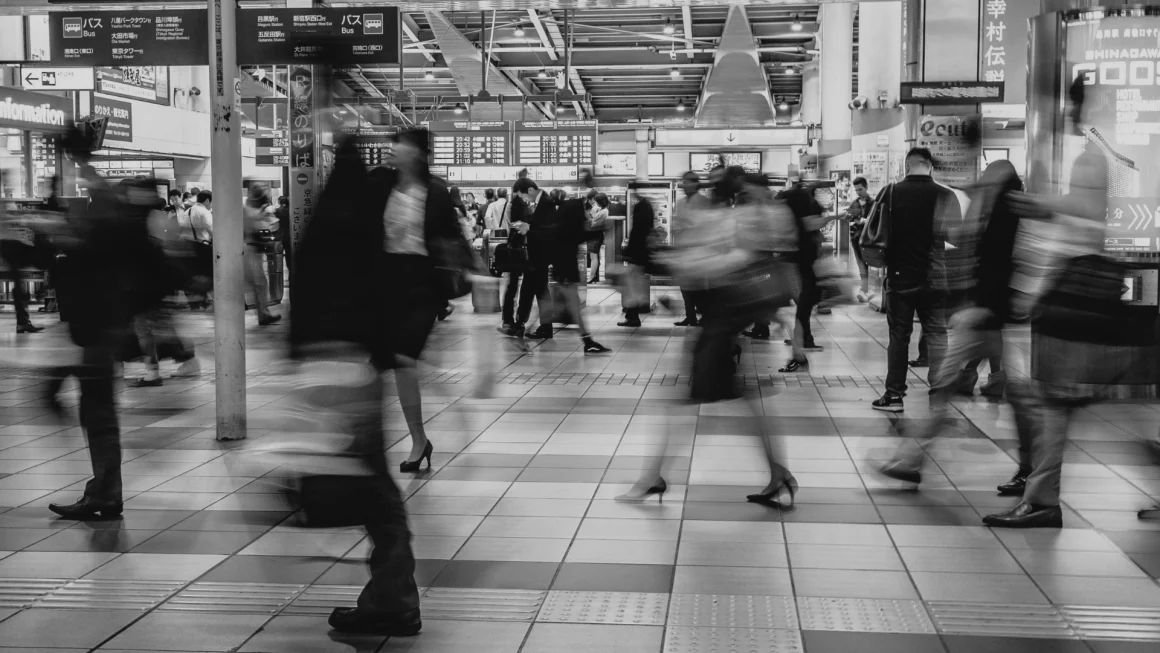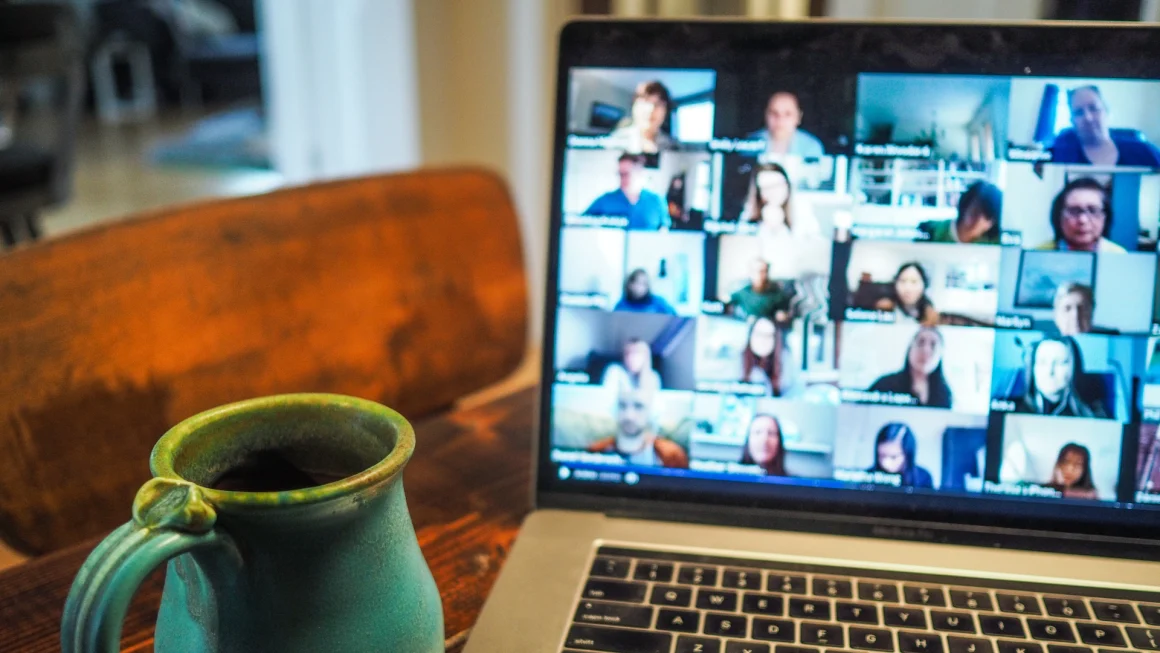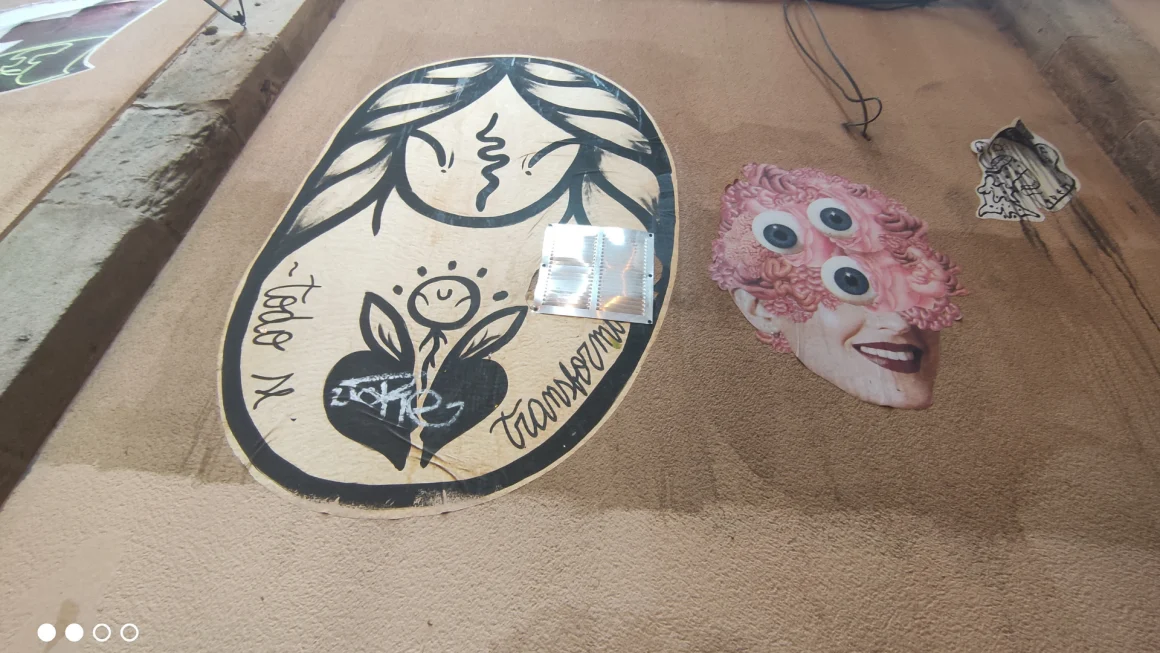A story by Daniela Freund
Accessible tourism refers to people with mobility, vision, hearing, cognitive and developmental disabilities. This year Europe is expected to have 120 million people with disabilities, with an internal demand for European Union’s accessible tourism up to 862 million trips per year and an inbound market of 21 million trips per year (European Commission, 2013).
Although regulations are in place to guarantee accessibility in tourism, there is a lack of international standards regarding developmental disabilities, Autism Spectrum Disorder (ASD) specifically. The World Health Organization (WHO, 2014) urged its Member States to identify and address disparities in access to services for persons diagnosed with ASD, which its prevalence is 1 child out of 68 and indicates an increased trend over the past thirty years (America’s Centers for Disease Control and Prevention, 2016).
Though its high prevalence, ASD is still unknown by a significant part of society and it continues to be stigmatized. Being as it is a ‘hidden disability’, in the sense that it is not easily identified at a first sight, the challenges are greater. Besides that, behavioral issues associated to ASD may also impact attitudes of tourism and hospitality professionals. These attitudes will be harder to change, if the disability is not understood properly.
Here is where educational institutions may play a significant role to transform the world for the better, contributing to the WHO request and aligned to the SDG 11 of the 2030 Agenda launched by the United Nations. SDG 11 aims at making cities and human settlements inclusive, safe, resilient and sustainable. Considering insights from a previous research phase that analyzed barriers and constraints faced by families travelling with children on the ASD to accessible accommodations, an educational module — “Tourism for all” — was designed and delivered to undergraduate exchange students enrolled at the School of Tourism and Hospitality Management Sant Ignasi (URL), Barcelona.
Following the Ignatian Pedagogical Paradigm (4Cs: conscience, competence, compassion and commitment) the module’s main objective was to train responsible professionals capable of and willing to contribute to fighting inequalities in society. It introduced challenge-based and design thinking methodologies as key components combined with learning journals as reflexive tools. From an educational perspective the case study aimed at: (i) analyzing changes in students’ attitudes before and after participating in the module; (ii) identifying challenges students faced and the strategies they applied to solve them; (iii) analyzing their perceptions regarding the teaching and learning experience.
The educational experience was developed by HTSI in collaboration with ESADE Business School, D+B Intersection and the Hotel AC Victoria Suites Barcelona by Marriott. A real-life challenge was placed to students: proposing the hotel’s best practices to make it more inclusive to families travelling with children on the ASD. The self-explanatory video highlights the shared-value attained by all stakeholders (company, lecturers, experts and students).
As for the educational objectives of the case study, preliminary results showed a positive attitudinal change towards people with disabilities, an improvement of the 4 C’s dimensions, challenges at the ideation phase and an overall high satisfaction of students. The module provided an excellent opportunity to get back to the core of what hospitality is all about: purposeful encounters offered to all guests, irrespective of their condition.
This is a story of the Futurist Club
By Science of the Time
Written by: Daniela Freund
Passionate about tourism, hospitality, education & women leadership. I contribute towards a more responsible and equal world through women networks, articles and as speaker in conferences and media. Mentor & advisor of tourism and education related start-ups.

In 1988 I left my beloved Buenos Aires following my dream to get into the hospitality business. 8 years later I had added experience as professional in hotel companies in Switzerland and Germany.
Since 1996 in lovely Barcelona, the first six years managing my own consultancy and since 2002 fully involved with the school of Tourism and hospitality Management Sant Ignasi (URL) as a researcher, lecturer and holding varied leadership positions at the University (Associate Dean for Corporate and International Relations, Undergraduate Studies Director, University Masters Director).
Academic Studies include a Master in Marketing (UAB), Graduate in Tourism and Hospitality Management (HTSI-URL), Diploma in Hotel Management (Les Roches, Switzerland) and PDP Diplomas in Cornell University, USA. Currently I am working on my PhD in Educational Sciences related to making future leaders more conscious about diversity and hotels more accessible to families travelling with a child on ADS.





